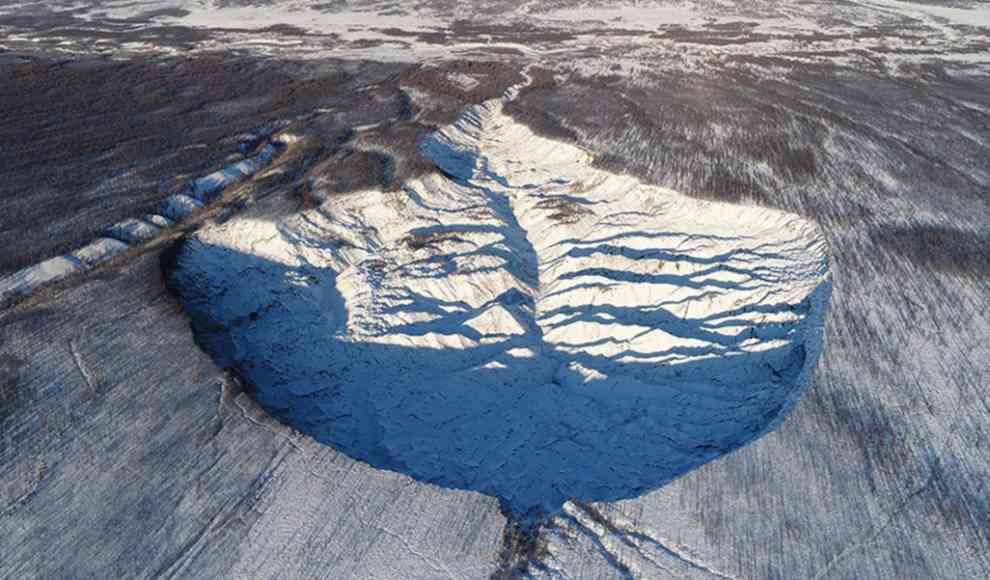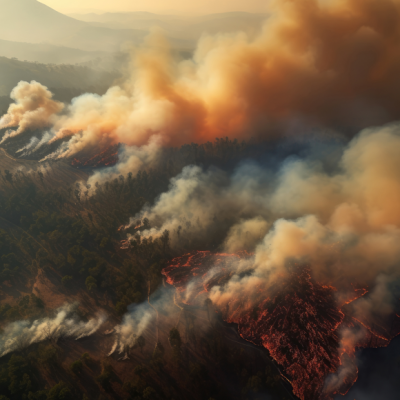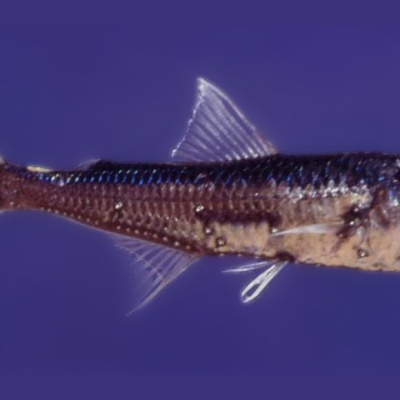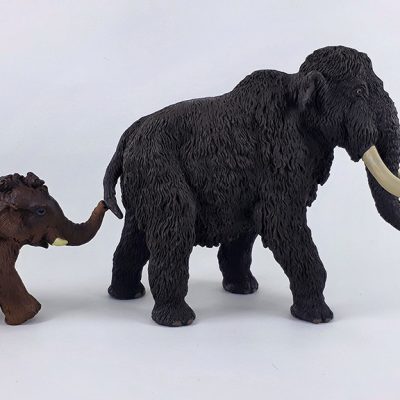In the remote region of northeastern Russia lies the Republic of Sakha, also known as Yakutia, which is famous for its extreme cold temperatures. The area is home to two of the coldest places on Earth, where temperatures have reached as low as -67.8°C. About 50 kilometers from one of these places, a massive crater known as the Batagaika Megaslump, or Batagaika Crater, has been forming since the 1960s due to deforestation and melting permafrost. The crater has become a treasure trove for scientists, who have discovered the remains of extinct animals, including a 30,000 to 40,000-year-old ice mummy of a wild horse species. Recently, a team of researchers from Cambridge University found permafrost in the Batagaika Crater that has been frozen for at least 650,000 years.
Permafrost is soil or rock that has been continuously frozen for at least two years. The permafrost found in the Batagaika Crater contains important information about the Earth’s history, but it is also a warning. The permafrost is thawing due to rising temperatures caused by global warming, which is releasing greenhouse gases such as methane and carbon dioxide into the atmosphere. The thawing permafrost is also causing the Batagaika Crater to expand by about 30 meters each year. While the permafrost has survived a warm period 130,000 years ago, scientists warn that the current rate of global warming could have severe consequences for the region, where many buildings and infrastructure are built on permafrost.
Despite the potential dangers, scientists are excited about the discoveries that can be made in the Batagaika Crater. The 650,000-year-old permafrost found by the Cambridge University team was dated using a combination of methods, including radiocarbon dating of organic materials and determination of chloro-isotopes and mineral residues. The permafrost contains valuable information about the Earth’s past, and the remains of extinct animals found in the crater could provide DNA samples for possible resurrection of the species. However, the thawing permafrost is a reminder of the urgent need to address global warming and its impact on the planet.










